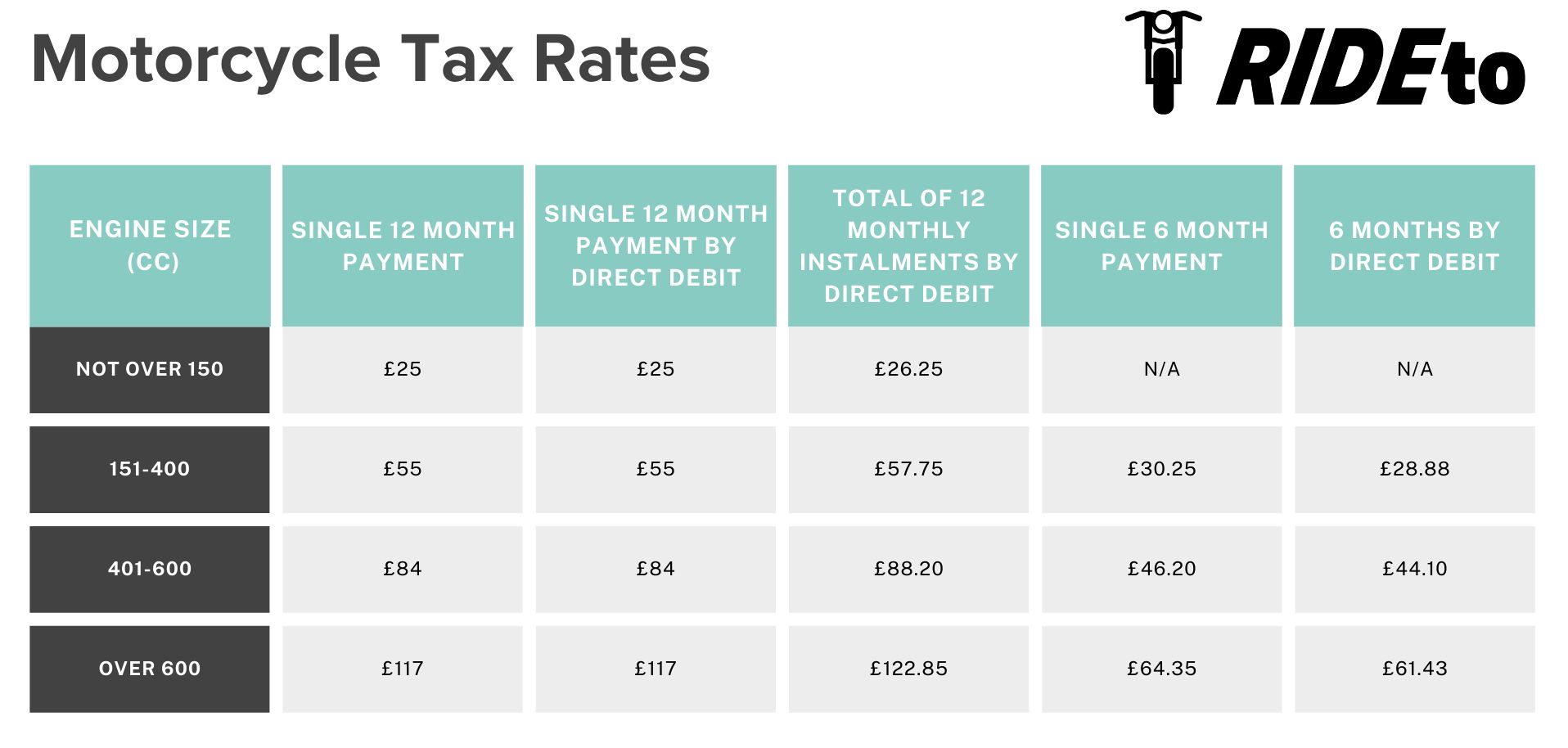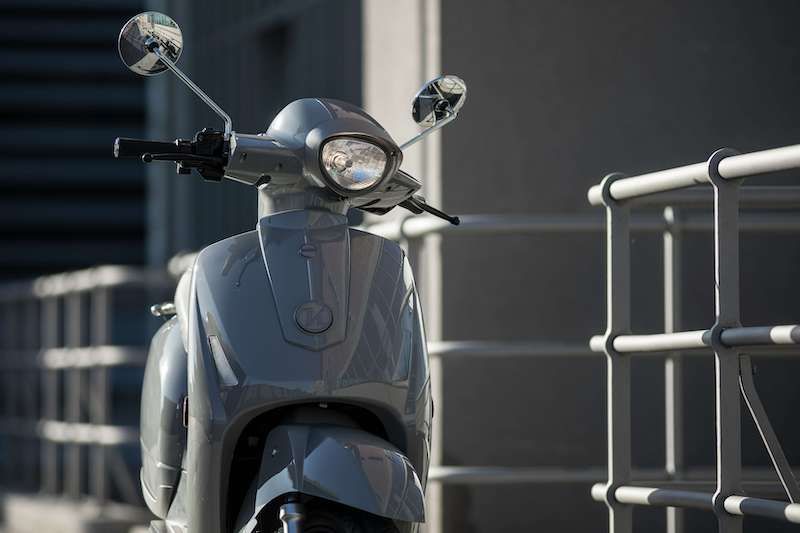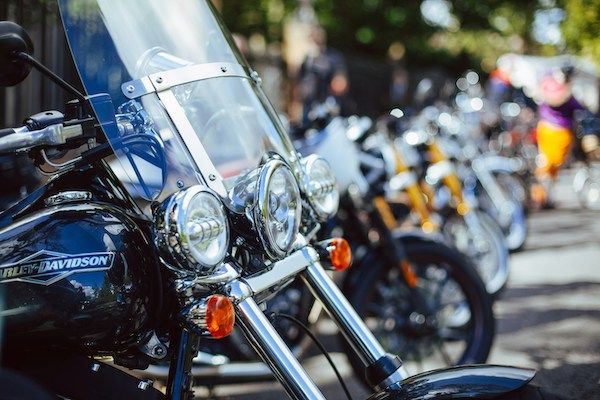back to the blog
Motorbike Tax: How Much & How to Pay

Olivia C · June 25, 2024
Key Highlights
- Vehicle tax, also known as motorbike tax, is a necessary requirement if you want to use your motorbike on the road.
- Electric and classic motorbike owners currently enjoy free tax.
- The DVLA website is the go-to platform for motorbike tax-related services.
- Motorbike tax is calculated based on factors like engine size and tax class.
- Motorbike tax can be paid online, by phone, or at your local Post Office.
- It is important to have the necessary documentation, such as the logbook and MOT certificate, when taxing your motorbike.
Motorbikes are a great way to get around—they're thrilling, and less expensive than cars. But, owning one means you've got responsibilities, like paying motorbike tax. In this guide, we'll cover everything about motorbike tax: how to pay it, exemptions, reductions, and what happens if you ride without paying up. Whether you're new to biking or a seasoned rider, this guide has all you need to know to handle motorbike tax hassle-free.
Understanding Motorbike Tax Costs
Motorbike tax, also known as Vehicle Excise Duty (VED), is a tax levied by the government on vehicles that are used, or kept, on public roads. You’ll need to tax your bike every year, even if your tax is free - we’ll go more into that below.
Do I Need to Pay Motorbike Road Tax?
Yes, you need to pay the necessary motorbike road tax if you want to ride (or keep) your motorbike on public roads, unless you have an exempt bike or a disability. Even with an exemption, you’ll still need to apply for tax each year. It’s a legal requirement to have the correct tax on your bike, and failure to pay can result in penalties and fines.
How Much Is Motorcycle Tax in the UK?
While most types of vehicles are taxed based on their CO2 emissions, motorcycle tax depends on engine capacity. You can usually find your motorbike's engine size on its vehicle registration certificate (V5C).
This means that you’ll pay lower tax on a CBT licence, vs a full motorcycle licence.
The following table from gov.uk provides an overview of the motorcycle tax rates for different engine sizes:

These rates can change over time, so it's a good idea to check the current rates before paying your tax.
How Much Is Electric Motorbike Tax?
Currently, electric motorbikes don't have to pay tax in the UK. However, starting from April 1, 2025, electric motorcycles will need to pay vehicle tax. Don't worry, though—it'll be a modest amount, matching the annual rate for the smallest engine size.
Remember, the current exemption only applies to fully electric bikes powered by an external source or a battery that's not connected to any power source while riding, so Hybrid motorbikes aren't exempt.
Motorcycle Tax Exemptions and Reductions
There are certain exemptions and reductions available for motorbike tax. This will either be based on the vehicle itself, or the rider. Bear in mind - every motorcycle must be registered for road tax, even if there is nothing to pay.
Reasons for Motorcycle Tax Exemption
Disability Exemptions: If you have a disability, you may qualify for an exemption if you receive any of the following:
- Higher rate mobility component of Disability Living Allowance (DLA)
- Enhanced rate mobility component of Personal Independence Payment (PIP)
- Enhanced rate mobility component of Adult Disability Payment (ADP)
- War Pensioners' Mobility Supplement
- Armed Forces Independence Payment
- Note: The vehicle must be registered in the disabled person's name and used only for their needs.
Classic Vehicles:
- The motorbike must be at least 40 years old.
- It must not be used for hire, reward, or commercial purposes.
Electric Motorbikes:
- Must get power from an external source or an electric storage battery not connected to any power source while in motion.

How to Tax Your Motorcycle
Taxing your motorbike is a relatively straightforward process that can be done any of the 3 following ways:
- Online: at the gov.uk website, paying either upfront or via Direct Debit
- By phone: by calling the DVLA vehicle tax service on 0300 123 4321, paying upfront
- By a Post Office that deals with vehicle tax: paying either upfront or via Direct Debit
For most people, the easiest way to tax their motorbike is through the DVLA website.
How to Check If Your Motorbike Is Taxed
To check if your motorbike is taxed, you can use the vehicle tax service provided by the DVLA.
Just enter your motorbike's registration number, and you'll see details about your bike, including its make and model, and whether it's currently taxed. You can also use this service to check the current tax rates for your vehicle. You’ll just need the 11-digit reference number from your vehicle log book (V5C) for that.
If you've just bought a bike, the tax paid by the previous owner doesn't transfer to you. You'll need to tax it yourself before riding it.
What Documents Will I Need for Motorcycle Tax?
When you tax your motorcycle, you'll need your motorcycle documents:
- Your registration document (V5C, also known as a green slip or logbook), or a V5C/2 (new keeper slip)
- A valid MOT certificate (if your bike is over 3 years old)
- Motorbike insurance
About three weeks before your motorcycle tax runs out, the DVLA will send you a reminder. This could be a V11 Vehicle Licence Application or a SORN (Statutory Off Road Notification), depending on your vehicle's tax status.
If you’ve just bought a second hand motorbike, you can use a V62 form to apply for your logbook (V5C) and pay your motorbike tax at the same time.
Can I Tax a Motorbike Without Insurance?
To tax a motorbike, you need to have valid motorbike insurance in place. Put simply, if you don’t have insurance, you won’t be able to tax your motorbike.
What Happens If I Don’t Pay My Motorcycle Tax?
The DVLA has several enforcement measures to make sure all vehicles, including motorbikes, are taxed correctly. If you're caught riding an untaxed motorbike, you could face a fixed penalty notice or a court fine. Your motorbike might also be clamped, impounded, or in extreme cases, destroyed if found untaxed.
You can read the full list of enforcements DVLA takes for motorcycle tax and insurance offences.
Conclusion
Handling your motorbike tax is crucial for hassle-free and legal riding. By keeping track of different tax classes, exemptions, and renewal procedures, you can ensure your motorbike is always properly taxed and meets legal standards. Remember to keep your tax current, have your paperwork in order, and enjoy the ride!



